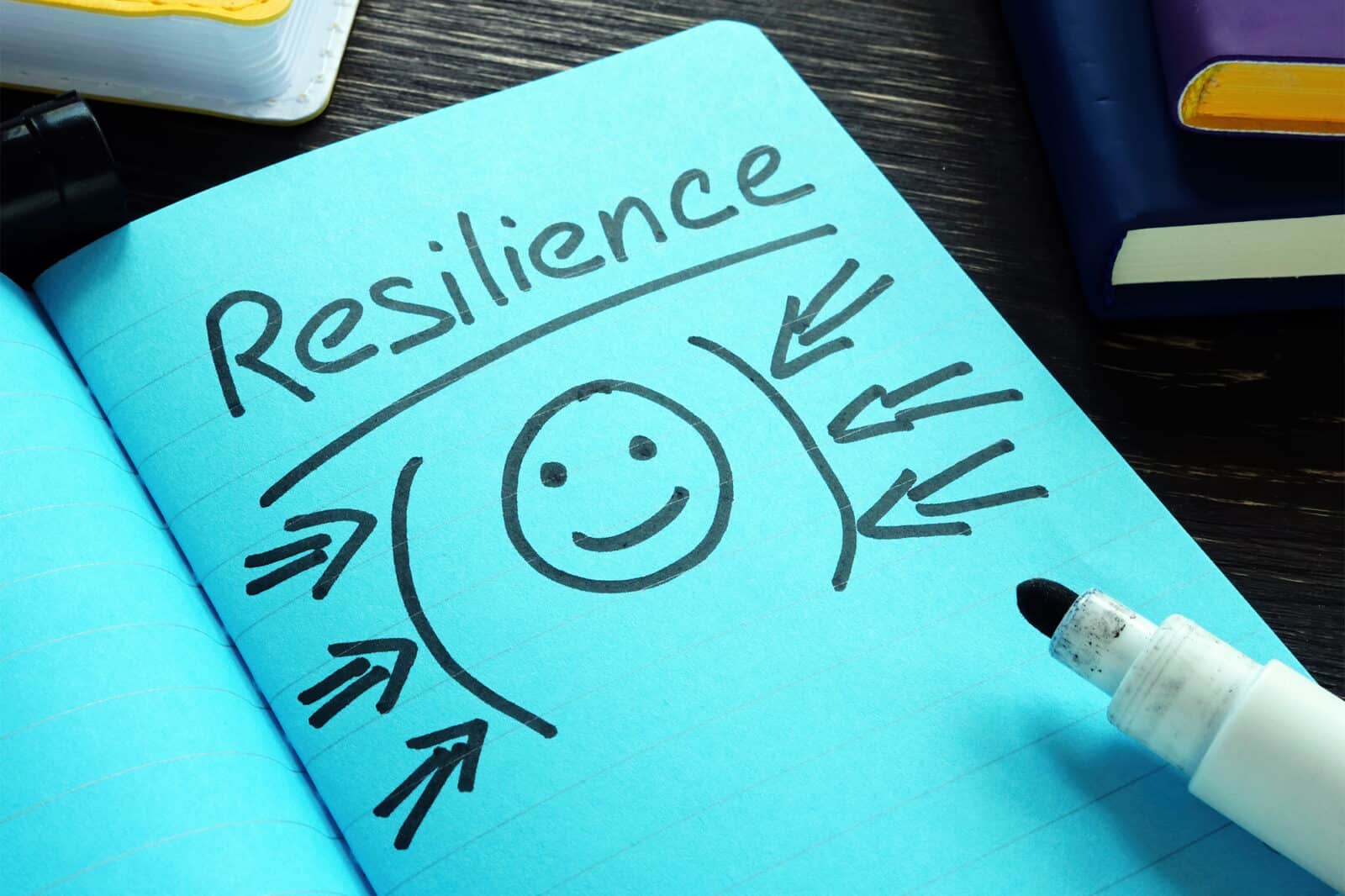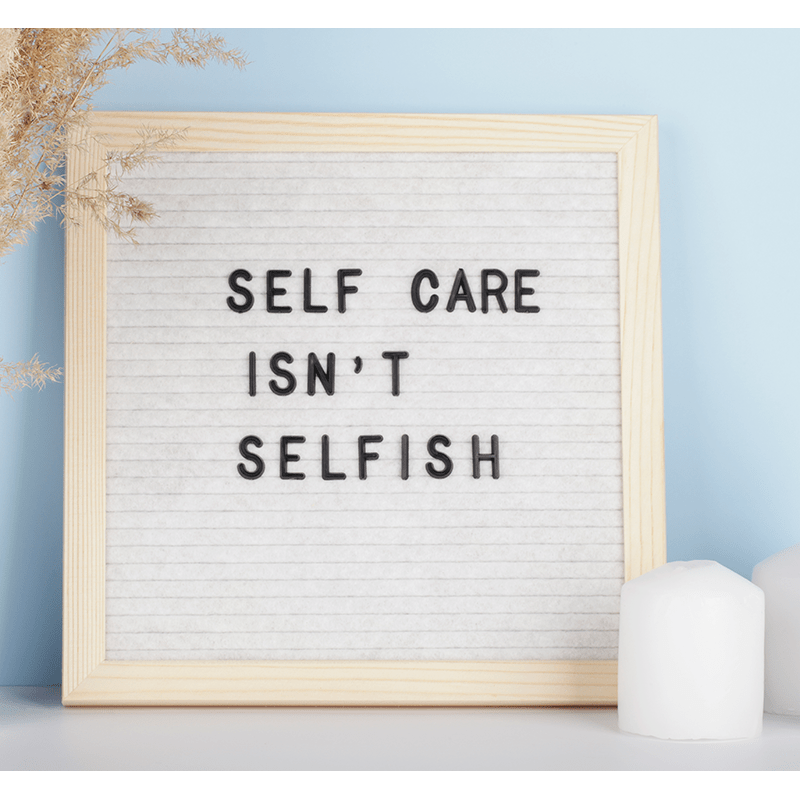WRITTEN BY:
BREE TAYLOR
STUDENT WELLBEING COACH
Cht, Dip App Sci, Mas NLP

This post contains links to resources exclusively available to active ACVN students. Those links have a * next to them. If you are a student be sure you’re logged in at our student website to take advantage of these resources.
What is Emotional resilience?

Resilience can be defined as;
- the capacity to withstand or recover quickly from difficulties; toughness
- the ability of a substance or object to spring back into shape; elasticity.
When we refer to humans, the term resilience represents our ability to “bounce back,” grow or adapt after facing adversity or stress. It is modelled when we successfully overcome difficult or challenging life experiences through cultivating greater flexibility.
Being resilient doesn’t mean you won’t have difficult experiences in life, however it does build in a greater sense of inner strength where we know we can deal with whatever comes.
There are four types of resilience;
physical, mental, social and emotional.
Whilst all types are important, emotional resilience is imperative as it can directly impact our mental health.
Emotional resilience gives us our ability to persevere, endure and manage factors that are outside of our control. In order to keep a sense of wellbeing intact during challenging times it is essential that we understand our strengths, capacity and limitations.
The world is becoming increasingly unpredictable and a common response to uncertainty is fear or anxiety.
“How will I cope? What will happen if…?”
These thoughts can quickly snowball into feelings of despair or worry. Resilience represents our capacity to live with increasing uncertainty whilst not being overwhelmed by it.
Self awareness is a crucial part of developing more resilience for the more we know about ourselves, the more we can work within our limits.
Consider
- What is your usual emotional response when things get Uncertain? Anxiety and fear? Solutions and calm?
- What thoughts begin swirling through your mind? Overwhelm, a sense of despair, or a can-do attitude?
Developing more resilience
You can begin to work on building your resilience in a few ways; here are some mindset tips to get you started.
- Welcome challenges
We often learn the most not when everything goes right, but when faced with challenges and the subsequent mistakes we make. Every challenge poses an opportunity or growth, not something to fear. - Practice acceptance
The more we can let go of the things in life we cannot control, the more we can direct our energy and focus where it is most needed. - Know your limits
And what you need to stay well balanced, secure and stable in yourself – this can include self care, work-life balance, healthy habits etc. - Be self aware and self responsible
Learn to manage and reduce your stress levels in healthy ways that support you in the long term.
We all manage stress in different ways, but it is a part of life and is thus unavoidable. Learning healthy ways to reduce or discharge our stress levels are imperative to building and sustaining our capacity for resilience.
Ditch the unhealthy ways you manage stress and see if you can replace them with more balanced useful ones instead;
UN-HEALTHY STRATEGIES
- Obsessive habits (ie cleaning, tidying)
- Over-spending, over-working or over-indulging
- Distractions (excessive TV consumption, binge eating or drinking)
- Blaming yourself or taking out your emotions on others
HEALTHY STRATEGIES
- Humour
- Exercise, meditation
- Stress reduction (bath, meditation, social connection)
- Reducing expectations on yourself
- Time out / self care
- Time in nature
- Spending time with friends / family
- Creativity and exercise support our overall wellbeing
In closing, self care and a positive attitude are key aspect that help us build and develop resilience. Ask yourself:
What are you putting off doing for yourself that will bring you even more joy or wellbeing?
And start doing that more regularly.
If you need some confidential support book coaching call with me here*.
want to learn more?

WELLBEING & SELF CARE
SHORT COURSE
Wellbeing and self care is an important yet often overlooked area of our lives. Allowing ourselves the opportunity for self care can sometimes be reflected upon as being selfish, however if we don’t take care of ourselves, how can we take care of others? This is most relevant when considering our clients and patients. Through self care and our own wellbeing, we also build our resilience. This enables us to succeed when when we are faced with challenges outside of our control.
This short course will guide you through what it means to provide self care, help identify the tools we can use to promote wellbeing and how we can use those tools to apply it to our everyday lives and and our workplaces. It is written specifically for veterinary and animal care staff and is offered at a discounted price to our normal short courses to help combat burnout and other issues in our industry.
Upon finishing this course, you should be able to take your new knowledge and make positive changes in your own wellbeing and that of those around you.
